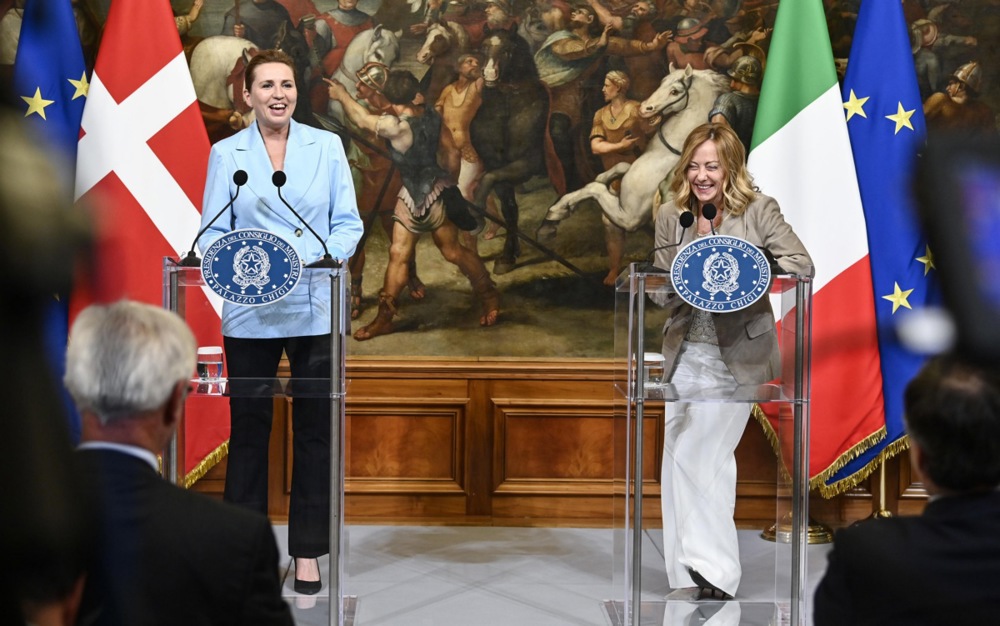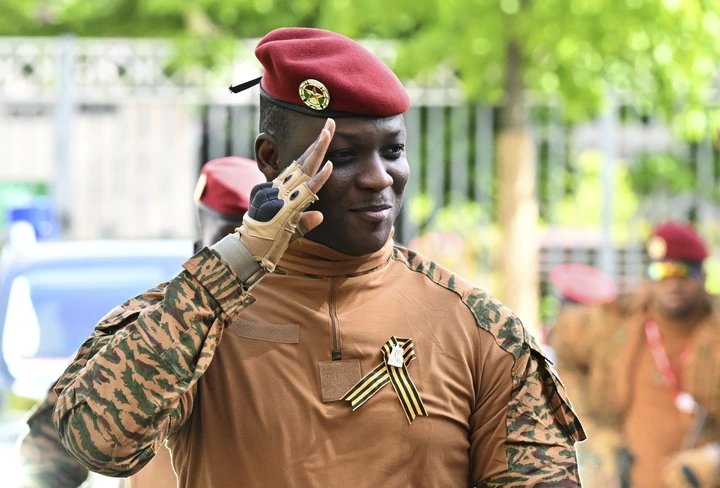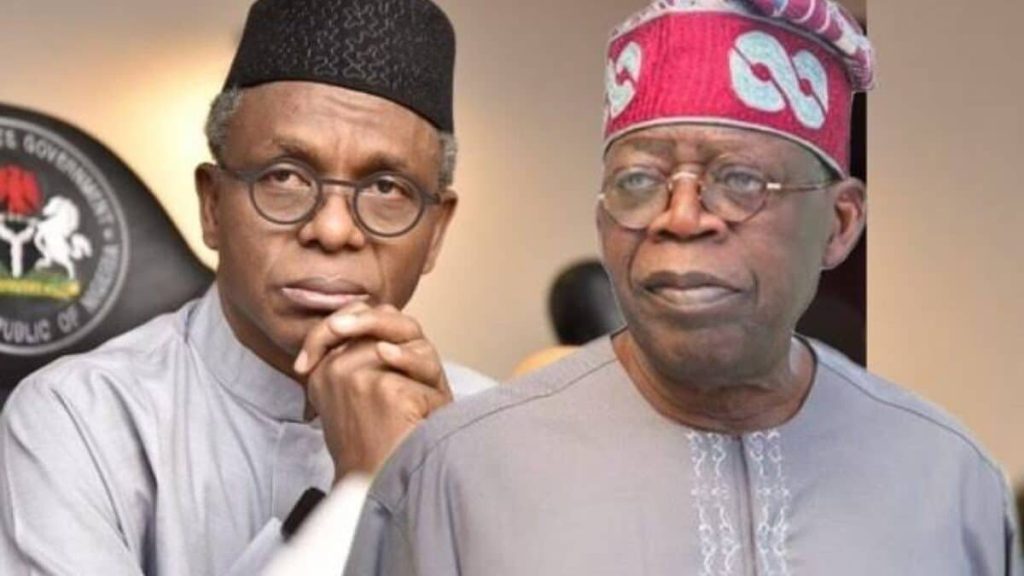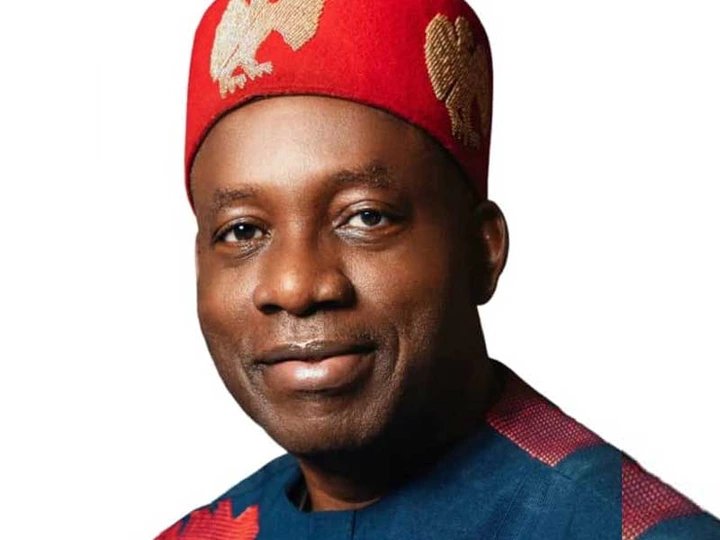News
Human rights under threat: Council of Europe chief speaks out against politicization

Human rights on Sunday, May 25, 2025, has occupied the front row of Europe’s top human rights body, the Council of Europe, as it has strongly criticized the interpretation of human rights.
A group of nine European governments had called into question how the European Convention on Human Rights is interpreted concerning migration policies.
The Guardian reports that the Council criticized the stance of this group.
The organization’s Secretary General, Alain Berset, cautioned against using the European Court of Human Rights (ECHR) for political purposes.
It comes after the nine countries proposed a reevaluation of the Convention’s application to migration challenges.
This proposal came in the form of a letter spearheaded by Italian Prime Minister Giorgia Meloni and Danish Prime Minister Mette Frederiksen.
The letter was co-signed by leaders from Austria, Belgium, the Czech Republic, Estonia, Latvia, Lithuania, and Poland.
It urged an “open-minded conversation” about how the Convention is interpreted.
This is especially concerning a state’s ability to:
- expel foreign nationals with criminal records,
- track individuals who cannot be deported, and,
- respond to attempts by foreign governments to destabilize countries by facilitating migration flows toward their borders.
The letter stated:
“What was once right might not be the answer of tomorrow,” reflecting a belief among the signatories that the Convention, established in the postwar era, might require adaptation to current migration challenges.
Speaking in Rome alongside Frederiksen, Meloni emphasized the difficulty countries face in removing immigrants who have committed serious crimes.
Responding firmly, Berset, a former Swiss minister, warned that while debate is acceptable, attempts to politicize the court are not.
“In a society governed by the rule of law, no judiciary should face political pressure,” he stated.
“Institutions that protect fundamental rights cannot bend to political cycles.
“If they do, we risk eroding the very stability they were built to ensure.”
He also stressed the importance of the ECHR, which remains the only international court adjudicating human rights violations in contexts such as Russia’s war against Ukraine, adding, “This should never be undermined.”
The Council of Europe, formed in 1949 during the postwar reconciliation period, is an international organization separate from the European Union.
It includes 46 member states, all of which are signatories to the European Convention on Human Rights.
The ECHR, headquartered in Strasbourg, is responsible for ensuring member states meet their legal obligations under the Convention.
In recent years, the court has ruled against several of the countries now calling for changes.
For example, in 2016, the ECHR found Italy at fault for detaining Tunisian migrants on the island of Lampedusa before forcibly returning them.
Denmark has also faced judgments, such as in 2021, when the court ruled that it violated the right to family life by denying a Syrian refugee the ability to bring his wife into the country.
Meanwhile, the Baltic states, Latvia, Lithuania, and Poland, are facing more than 30 pending cases at the ECHR.
The cases are over accusations of pushing asylum seekers back into Belarus without processing their claims.
One ongoing case involves 26 Kurdish Iraqi nationals who allege they were returned to Belarus by Latvian authorities without being given the opportunity to seek asylum.
These individuals also claim they were denied basic necessities like food, shelter, and water while stranded in forests along the border.
The governments of the Baltic countries and Poland have accused Belarus of engaging in “hybrid warfare.”
They claimed that Belarus is deliberately channeling migrants from the Middle East and Africa to their borders in a strategy designed to destabilize the European Union.
These governments argue that in such a context, national stability should take precedence over rigid adherence to current interpretations of human rights law.
The nine countries advocating for a reinterpretation of the Convention have also supported broader efforts to tighten EU migration rules.
In October 2023, Italy, Denmark, and the Netherlands convened an informal meeting with 11 EU nations.
The meeting was supposedly aimed at promoting the idea of offshore “return hubs” for processing migrants who are denied asylum.
Although the concept has received EU-wide support, no European country has yet implemented such a facility or confirmed plans to host one.
Tensions over the Convention are not new.
In 2022, the UK’s Conservative-led government sharply criticized the ECHR after it blocked its plan to send asylum seekers to Rwanda, resulting in a last-minute cancellation of the first deportation flight.
The following year, Boris Johnson, suggested holding a referendum on the UK’s membership in the Convention.
At the time he was promoting his memoir.
The Convention was to aim at reflecting growing discontent among some governments about the court’s influence over national immigration policies.
For Diaspora Digital Media Updates click on Whatsapp, or Telegram. For eyewitness accounts/ reports/ articles, write to: citizenreports@diasporadigitalmedia.com. Follow us on X (Fomerly Twitter) or Facebook











